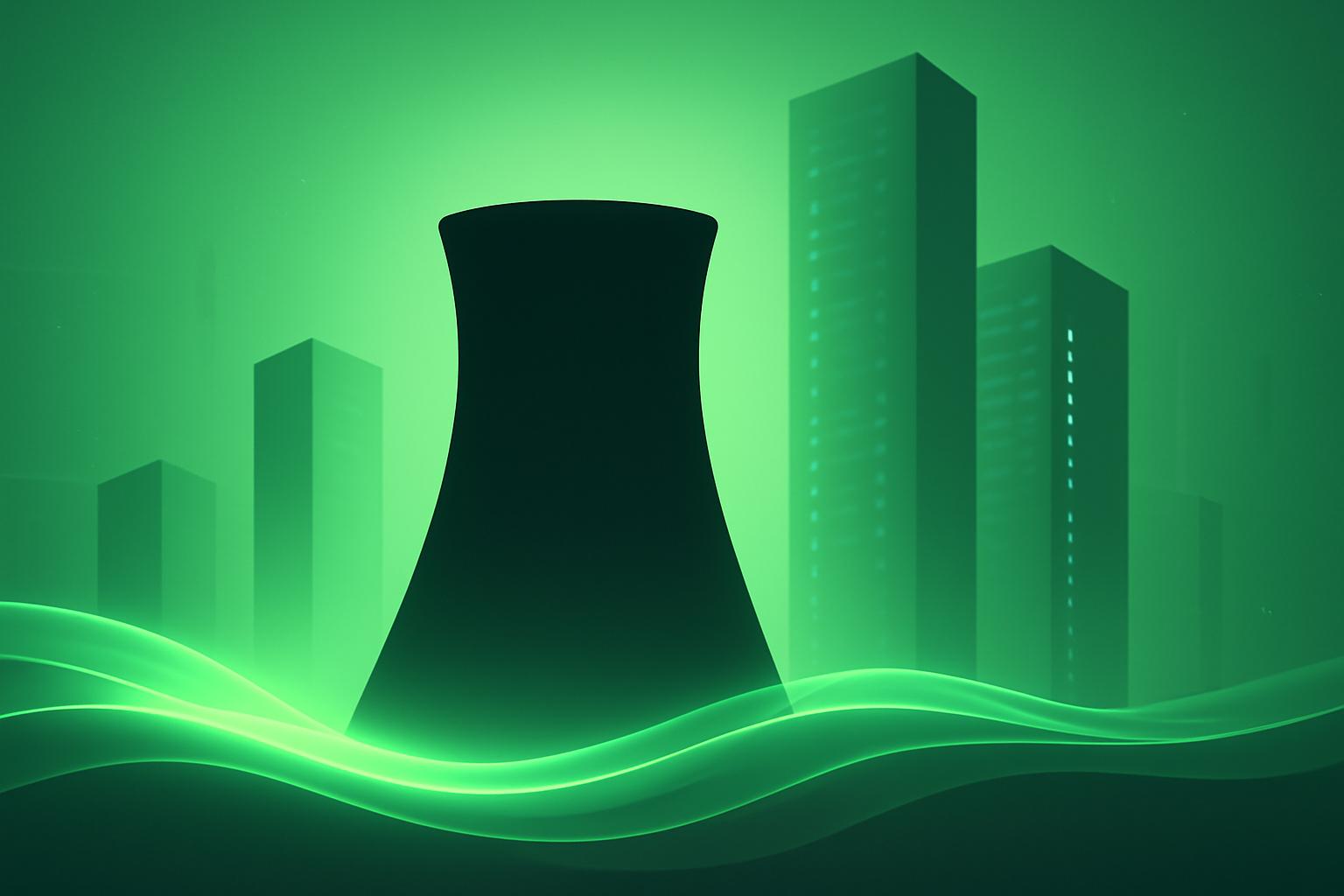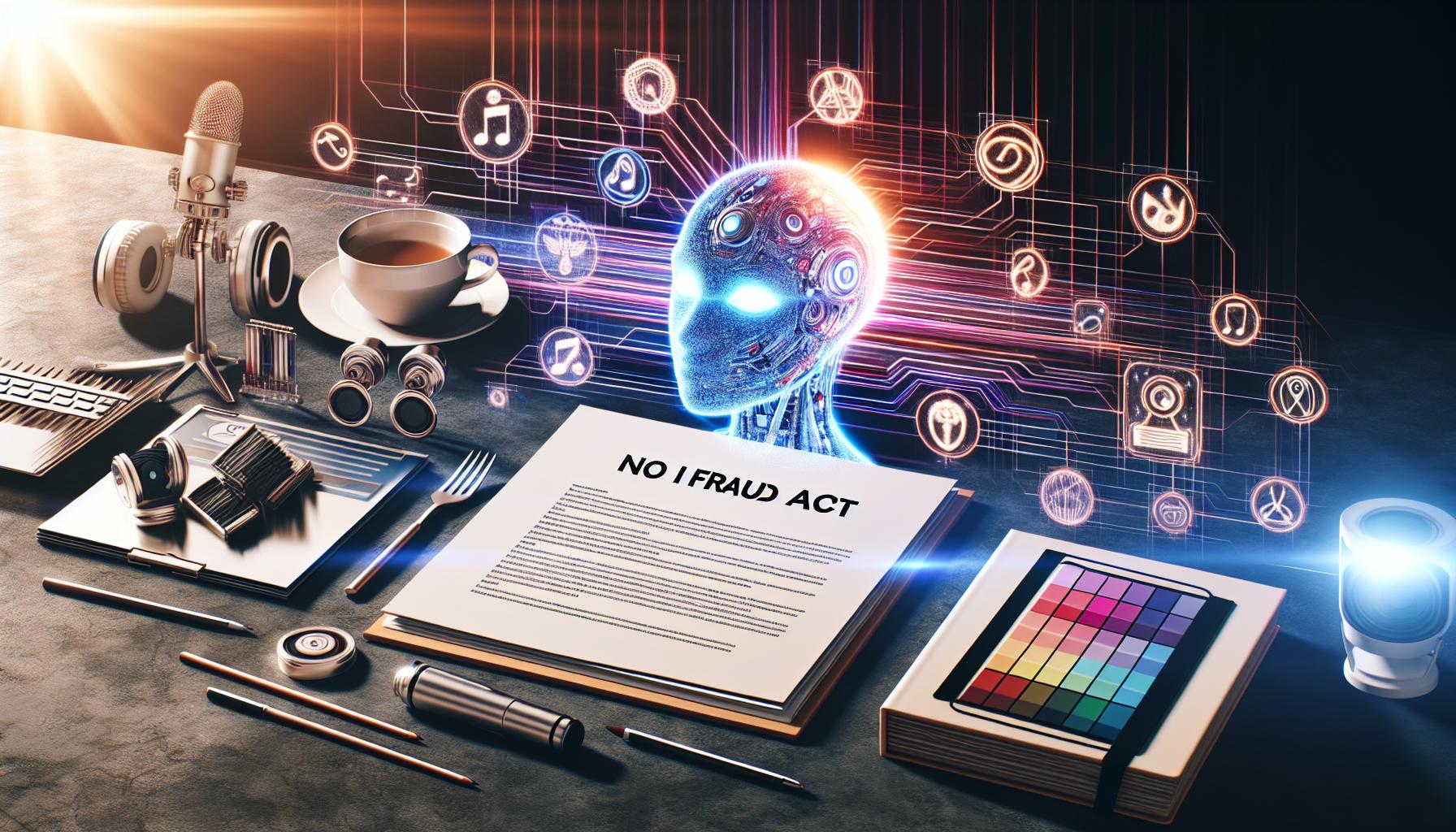Google and NextEra Energy Collaborate to Reopen Iowa Nuclear Plant
Google announced a strategic partnership with NextEra Energy to revive the Duane Arnold Energy Center, a nuclear power plant in Iowa that ceased operations in 2020. This collaboration marks a significant step in expanding zero-carbon energy sources to support Google’s growing data center infrastructure. NextEra Energy had been seeking a partner to restart the facility for over a year and found an aligned interest with Google, which is committed to integrating clean energy solutions across its operations. Financial details of the agreement have not been disclosed by either party.
Background and Planned Capacity Enhancements
The Duane Arnold Energy Center was shut down following damage caused by a powerful summer derecho that compromised part of its secondary containment system, critical for preventing radioactive gas releases. Originally, the reactor generated 601 megawatts (MW) of electricity. The planned refurbishment aims to add approximately 14 MW of additional capacity, bringing the total output beyond its original capability. NextEra targets a 2029 restart date for the facility.
Long-Term Power Purchase Agreement Secured
Google has committed to purchasing the majority of the plant’s electricity output under a 25-year power purchase agreement (PPA). The remaining power will be sold to the Central Iowa Power Cooperative on similar terms. Notably, the cooperative currently holds a 20% ownership stake in the plant, which NextEra plans to acquire fully through buyout agreements with minority stakeholders.
Nuclear Power’s Resurgence Amid Energy Transition
This project is part of a broader revival of nuclear energy within the tech and energy sectors, driven by increasing electricity demand and the urgent need to decarbonize power generation. Nuclear restarts offer a faster alternative to new plant construction, which can take decades. For context, Microsoft is collaborating with Constellation Energy to restart the Three Mile Island reactor, targeting 2028 for resumption of operations at an estimated cost of $1.6 billion. This trend reflects growing confidence in nuclear power as a reliable and scalable zero-emission energy source.
Balancing Nuclear with Renewables and Natural Gas
While nuclear reactivation shortens deployment timelines compared to new builds, these projects still require multiple years to complete. Consequently, they compete with natural gas plants, which have similar development durations but higher carbon emissions. Meanwhile, companies like Google continue to invest in solar and battery storage solutions, which can be deployed within months, providing rapid clean energy access for expanding data center capacity.
FinOracleAI — Market View
Google’s partnership with NextEra to revive the Duane Arnold nuclear plant exemplifies strategic moves within the technology and energy sectors to secure stable, zero-carbon power sources amid rising electricity demand. The initiative underscores nuclear power’s potential role in complementing intermittent renewables and advancing decarbonization targets.
- Opportunities: Accelerated nuclear restarts can provide reliable baseload clean energy, supporting large-scale data center operations and regional grids.
- Risks: Extended timelines and regulatory hurdles may delay plant recommissioning, while competition with natural gas plants remains a challenge.
- Market Impact: Long-term PPAs signal confidence in nuclear’s commercial viability, potentially spurring further investments.
- Technology Integration: Combining nuclear with solar and battery storage offers a diversified energy portfolio for tech firms.
Impact: This development reinforces nuclear energy’s resurgence as a critical component of the clean energy transition, with significant implications for energy security and corporate sustainability commitments.













